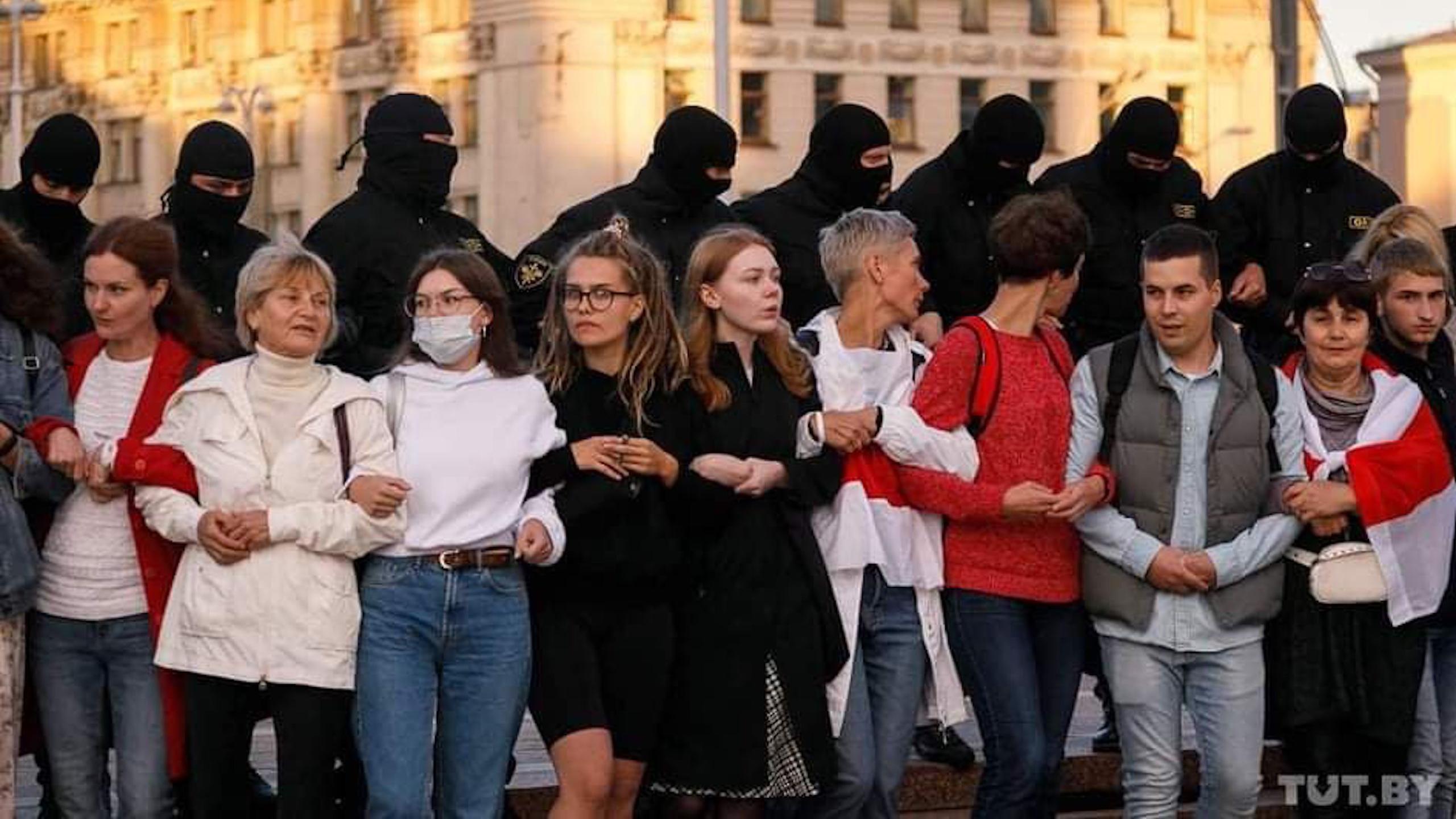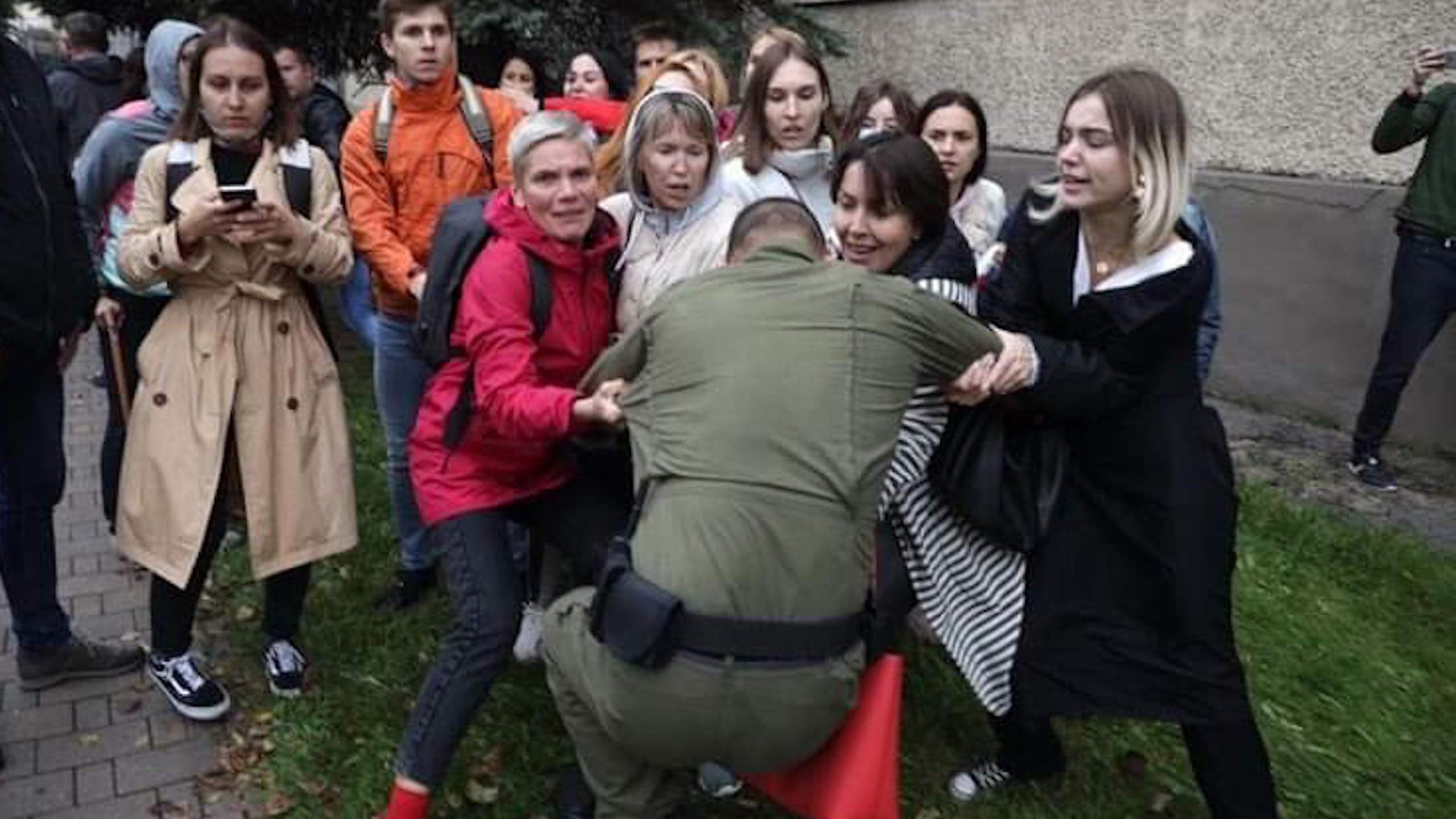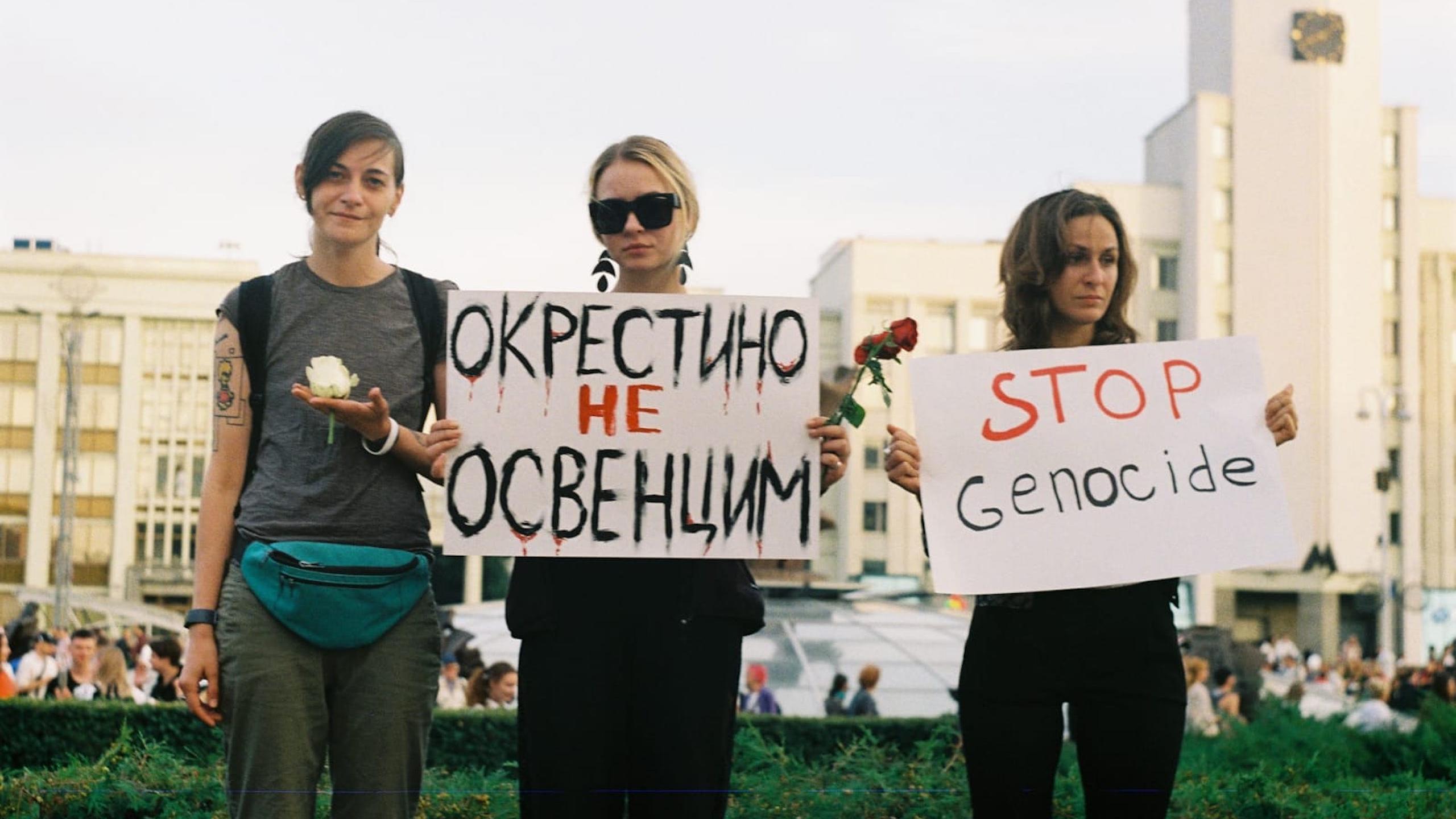- Menu
Menu
- About
- Articles
-
Travel diary
- 10. Il mercato delle pietre
- 11. In Centrafrica, Pecunia non olet
- 12. RCA ... Rien ne va plus
- 13. La dura verità della Repubblica
- 14. Cos'è succcesso a Tanwalbougou?
- 15. Racconti Burkinabé
- 17. Salang, Jalal, Afghanistan
- 18. Ecco le bandiere bianche. Ecco la resistenza
- 19. Diari Afghani - La conosci la kalima?
- 6. Ancora al fronte, maledetta trincea
- 7. Quando tutto sembra collassare
- 8. Se tutto va a rotolo, a chi importa?
- 9. Evacuazione generale
- A Kabul c'è tempo per tutto... Ma ci vuole più tempo
- In Armenia, la memoria non si cancella facilmente
- Kandahar, nel cuore dell'impero e di una guerra spietata
- Rifugiati nel buker, uomini al fronte
- Una certa idea dell'Afghanistan
- Graphic novel
- Contacts









